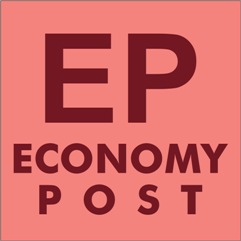Virendra Singh Rawat / Lucknow
The Indian Institute of Technology (IIT), Kanpur has signed a pact with William Marsh Rice University, USA for academic research.
Interestingly, IIT Kanpur already has an on-campus Rice-IITK Collaborative Center working in the areas of sustainable energy, materials, water, alternative fuels etc.
The fresh agreement offers them fresh avenues of collaborative teaching, training, and research in areas of mutual interest. The agreement was signed recently by IIT Kanpur director Prof Abhay Karandikar and Rice University president Prof Reginald DesRoches.
The pact sets out guidelines for the two universities to develop joint research and academic engagements in the broad areas of engineering, sciences, medicine/healthcare, humanities and management/business.
The engagements will focus on the areas of energy/environment, healthcare/biomedical sciences/biomedical engineering and data science/information technology/computer science & engineering.
“IIT Kanpur’s collaboration with Rice University has been gaining from strength to strength. We have initiated vital joint research, organised a virtual joint symposium for faculty collaborations and have provided once-in-a-lifetime opportunities for our students,” Karandikar said.
“I believe Rice’s partnership with the IIT Kanpur will be the jewel in the crown of our efforts in India,” DesRoches noted.
Besides, they will explore opportunities for student exchange activities; joint research and publications; and organizing joint conferences and workshops that involve scholars, policy makers, and business leaders from around the world.
On the academic front, the agreement will lead the development of undergraduate or postgraduate coursework units jointly taught by IIT Kanpur and Rice University faculty; and the establishment of a joint PhD/Masters/Bachelors-Masters program.
Modi supports marked linked agri sector
The Rice-IITK Collaborative Center has been active at IIT Kanpur since its inauguration in January, 2020. The focus has largely been on developing materials and processes for solar photovoltaics, energy storage, alternative fuels, electrocatalysis, and water treatment and remediation. This new agreement will further accelerate the existing work and would open up a new scope of mutual interest among the two institutes.

